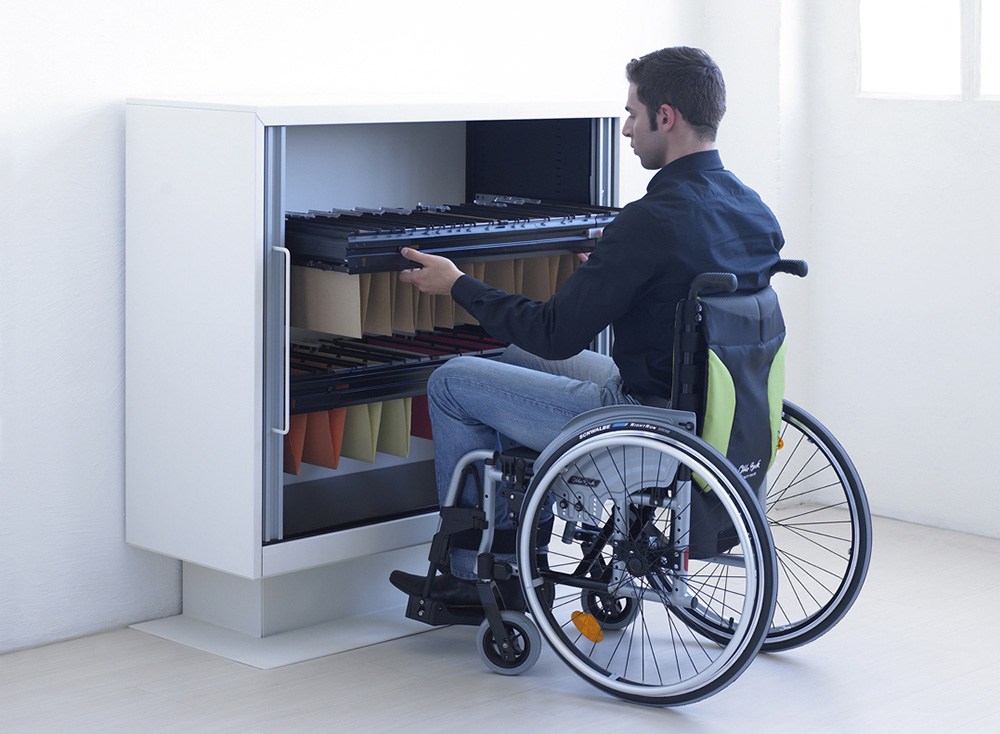Over 29,000 disabled people use government funding to launch their own start-ups suggests figures

A funding initiative aimed at helping budding entrepreneurs to launch their own company by providing a cash injection of up to £25,000 has helped more than 29,000 disabled people establish their own start-ups.
Launched in May 2013, the New Enterprise Allowance (NEA) is a scheme to help the long-term unemployed become their own boss as a route off benefits.
Alongside the cash injection, those applying for the funding can also receive the support of a personal business mentor, as well as a weekly living allowance.
According to figures released by the Department for Work and Pensions, since the NEA’s introduction, almost a quarter of all total start-ups funded through the initiative have been through disabled entrepreneurs.
Work and Pensions Secretary Thérèse Coffey said: “I want to ensure we live in a fair society in which disabled people are empowered to get on in their chosen career. These figures show the huge progress being made under this government to help them realise their aspirations.”
The figures come on the third anniversary of the Disability Confident scheme, a government programme designed to encourage employers to recruit and retain disabled people and those with health conditions.
Aiming to improve workplace inclusivity, the Secretary of State confirmed on the 2nd November a series of changes to the scheme, including a new requirement for leading Disability Confident employers to practice what they preach and ensure disabled people are on their payroll – and report how many are.
“While we have made great gains so far, today I am calling on all businesses to take a look at their record on disability employment and think about what they can do to help create a more equal Britain,” added Thérèse Coffey.
Changes being rolled out imminently include requiring Disability Confident Leader businesses to publicly report on their disability employment using a Voluntary Reporting Framework and extending membership for new signups to three years, as well as changing the terms of membership to make it explicit senior members must employ disabled people.
To date, 15,000 businesses have joined Disability Confident – including major employers such as Sainsbury’s and GlaxoSmithKline – have already signed up to the Disability Confident scheme.
“Disability Confident and the success of the New Enterprise Allowance scheme reflect our bold commitment to get one million more disabled people into work by 2027,” finished Justin Tomlinson, Minister for Disabled People.
“Smart employers recognise that disabled people can bring a wealth of skills and talents to an organisation – and they’re making sure they’re not missing out.”


